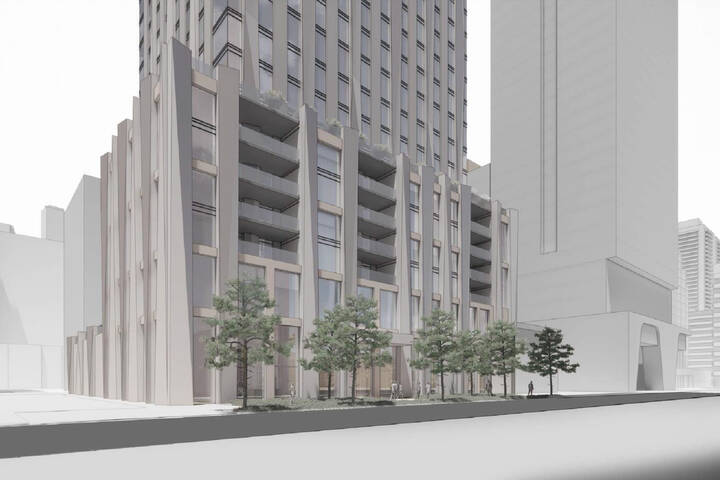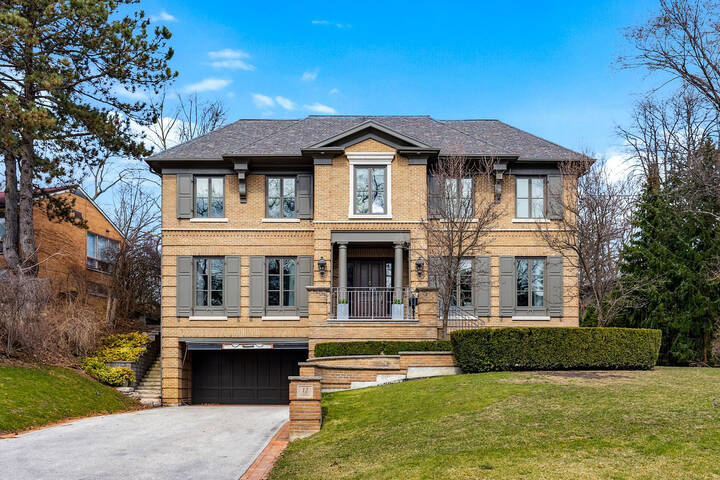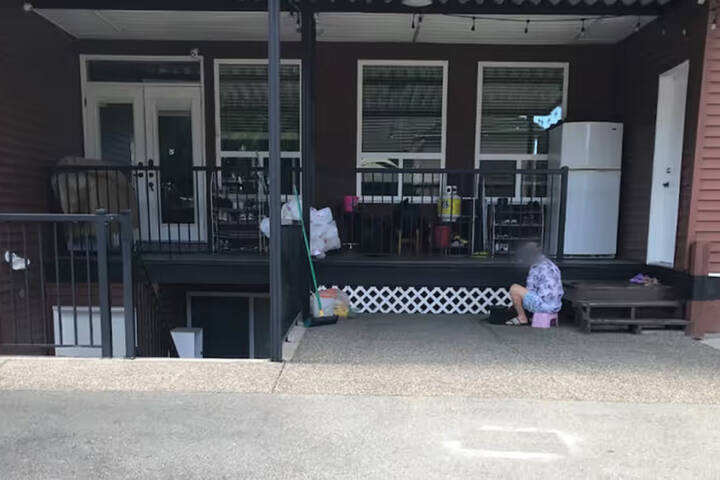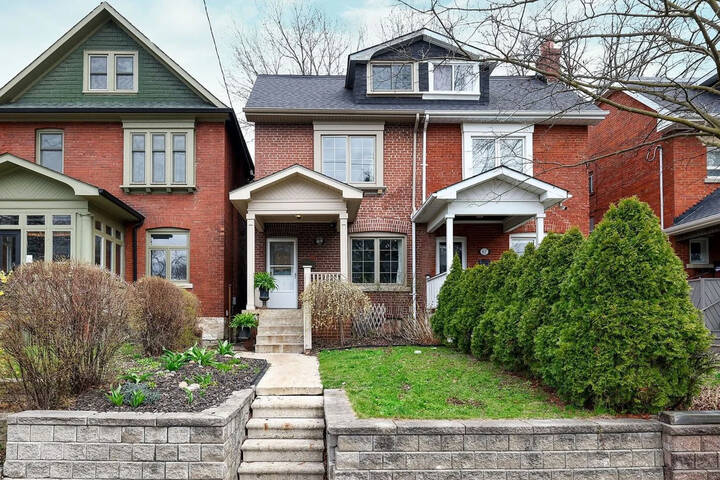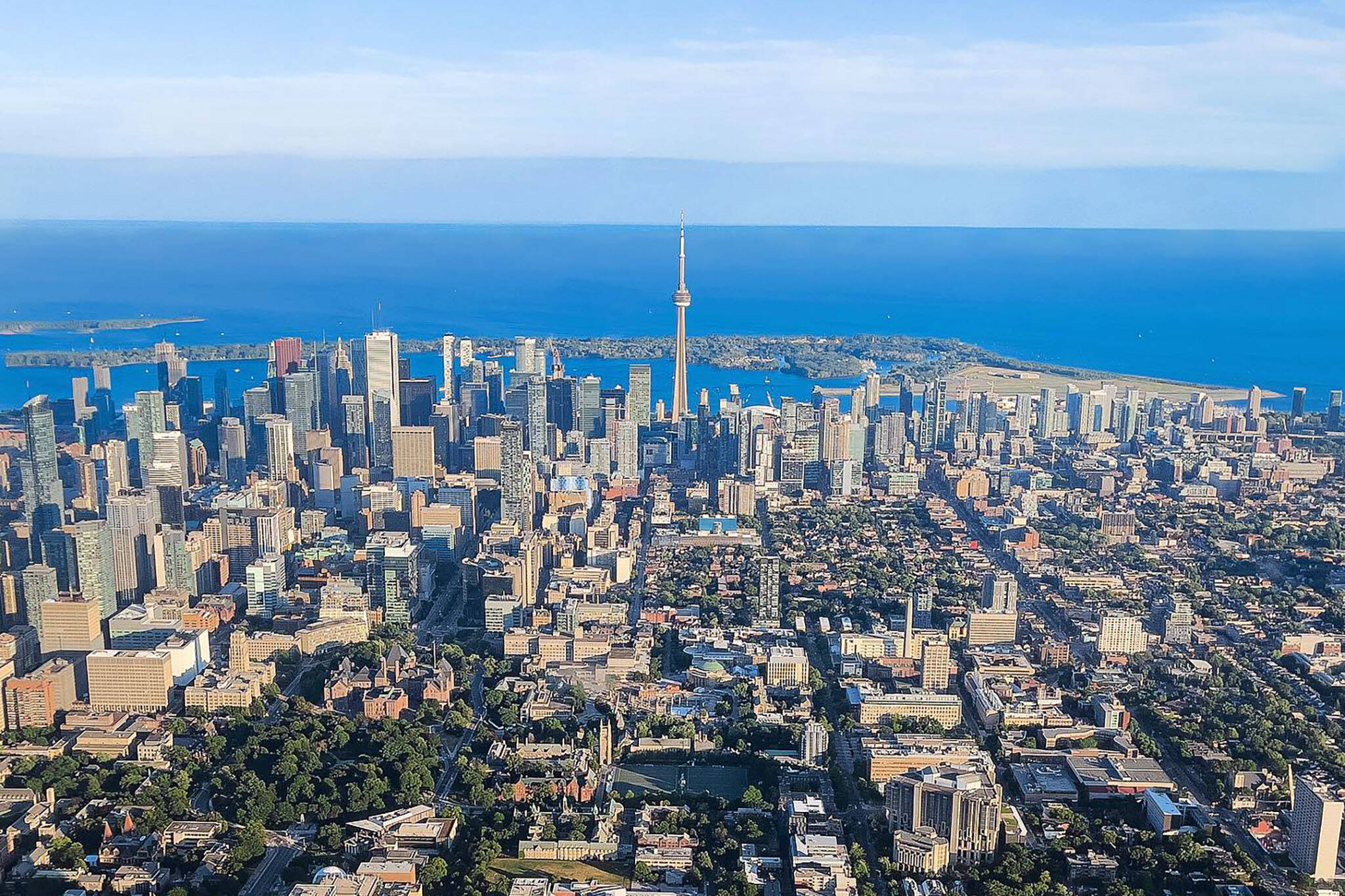
Toronto just experienced its steepest affordability decline in more than 40 years
Between rising rent prices, an unstable real estate market and general inflation, Toronto seems like a less affordable place to live with each passing day.
It's hard to track housing price changes in 24-hour increments, but analysts have been able to keep insightful tabs on Toronto in this regard with regular monthly and quarterly updates.
The National Bank of Canada just released its long-running Housing Affordability Monitor report for the second quarter of 2022, which encompasses the months of April, May and June.
It bears the fitting yet disheartening title: "Housing Affordability: The worst deteriotion in 41 years in Q2 2022."
As one might presume by reading the report's name, it wasn't a great quarter for Toronto or Canada at large.
"Housing affordability in Canada worsened by 10.4 points in Q2'22, a sixth consecutive quarterly deterioration. The Q2 print marked the worst quarterly and annual deteriorations in 41 years," the report begins.
"The mortgage on a representative home in Canada now takes 63.9% of income to service, the most since 1982. While home prices continued to rise in the second quarter, affordability mainly deteriorated on the back of rising mortgage interest rates."
Canadian Housing Affordability Index
— Richard Dias (@RichardDias_CFA) August 16, 2022
You can read about the methodology here:https://t.co/FyO2lAbkUe
And follow this link for a comprehensive breakdown of cities and global comparisons:https://t.co/hlEx3bSOlz
(Ask politely and ye shall receive! @pampierj 😉) pic.twitter.com/SN19KlrAuv
The fact that Canada has an affordability problem will come as news to no one, but it still sucks to hear that we've hit a four-decade low... especially less than a year after Toronto posted its worst figures in more than three decades.
Speaking of Toronto, Canada's largest city fared no better whatsoever than the country as a whole by the National Bank of Canada's measure, which is effectively the percentage of an average person's income needed to pay the mortgage on a representative home in any location (they call it the MPPI, or "mortgage payment as a percentage of income").
"In the Greater Toronto Area (GTA), the second quarter of 2022 was marked by the highest quarterly deterioration in affordability since 1981," reads the National Bank of Canada report.
"This growth propelled the MPPI to its highest level on record (91.0pp). The level of the MPPI thus remained way above the city's 20-year average (50.0pp) and the urban composite (63.9pp)."
Analysts peg this deterioration on rising interest rates (duh) and home prices, which grew 22.7 per cent annually and 6.0 per cent during the second quarter of 2022, according to the bank.
As of this past quarter, the average (non-condo) home in Toronto was selling for $1,408,797. Based on this figure, someone would currently need an annual household income of at least $265,664 to buy a "representative home" in the GTA.
May ceiling cat help us all.
Latest Videos
Latest Videos
Join the conversation Load comments
